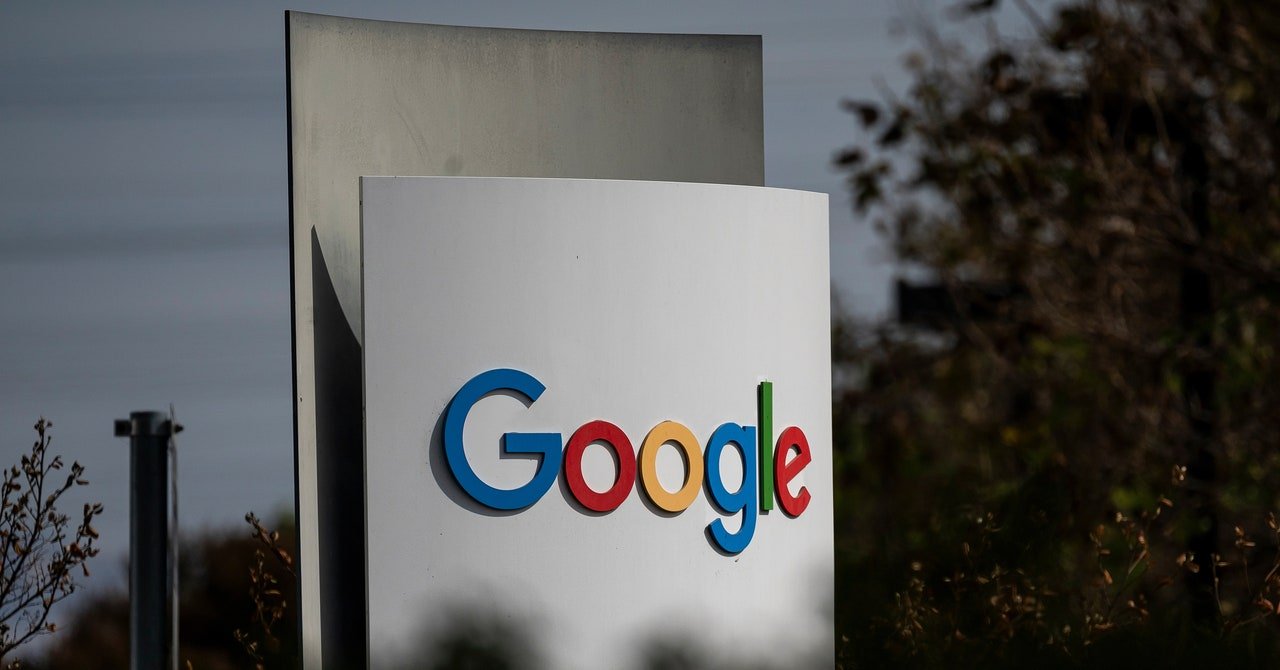If Google’s generative AI chatbot Gemini Assistant is to surpass OpenAI’s ChatGPT in popularity in the coming years, it may have to do so without some of the promotional partnerships that helped propel Google search to the forefront of Americans’ lives.
In a US federal court filing on Friday, Google proposed a series of restrictions that would prevent the company from requiring device, browser and wireless carrier licensees to distribute Gemini to their US users for three years. Google would also give these partners more flexibility in how they set the default search provider for their users.
Google’s proposal flies in the face of the US Justice Department’s call last month for Google not only to loosen its control over partners, but also to share more data with competitors and divest itself of the Chrome browser business. The company on Friday formally rejected the idea of selling any part of its business or handing over more information to competitors. And its proposed restrictions could be construed as narrower than those sought by the government.
The battle follows a ruling last August by U.S. District Judge Amit Mehta in Washington, DC, who found Google violated federal antitrust laws through agreements it chose to be the default search provider for iOS and other software, often in exchange for sharing advertising revenue with partners. The default arrangement helped Google acquire and retain users, giving it monopolies in both search and search advertising, Mehta found. The search giant was able to raise ad prices without restraint, fueling “dramatic revenue growth” and “remarkably stable operating profits,” Mehta wrote in his ruling.
Now Mehta must decide what sanctions Google will face. He has scheduled a hearing for April and is expected to release his decision by August next year.
The emergence of ChatGPT, Gemini and similar chatbots as competitors to traditional search engines loomed over the court proceedings. The Justice Department and several prosecutors involved in the case wanted to make sure Google wouldn’t be able to bring its old-school search dominance into this emerging field.
But even after Mehta’s upcoming ruling, appeals are expected to follow. It can take years for any restrictions on Google to take effect. That has left investors bullish on the prospects for Google and its parent company, Alphabet. The conglomerate’s shares have gained more than 37 percent in 2024, its eighth-best annual gain since going public 20 years ago.
Dominance transfer
During this year’s trial period, Google attributed its search dominance to developing a user-friendly experience. The Justice Department argued that users stick to the default settings on their phones and browsers — often Google. The company’s proposal Friday emphasized that Google doesn’t want to lose those defaults entirely. For example, it would allow Google to make search the default state for some Samsung phone models in the US, while temporarily suspending the requirement that they all do so.
Google could also still reach deals to promote Gemini. Nothing in Google’s proposal would prevent it from paying Samsung to promote Gemini on all its devices. However, under the proposed restrictions, Google would not be able to require partners to promote Gemini as a condition of distributing search, Chrome or the Google Play app store. And it couldn’t prevent partners from also working with rival AI companies like OpenAI.

